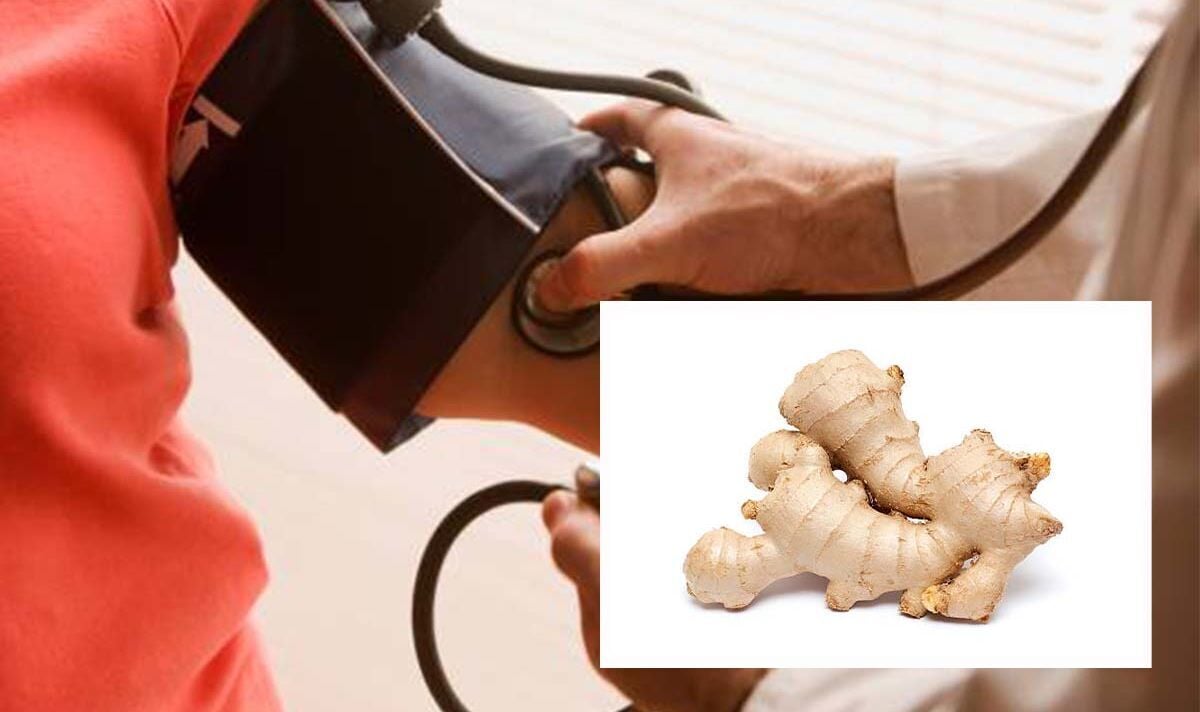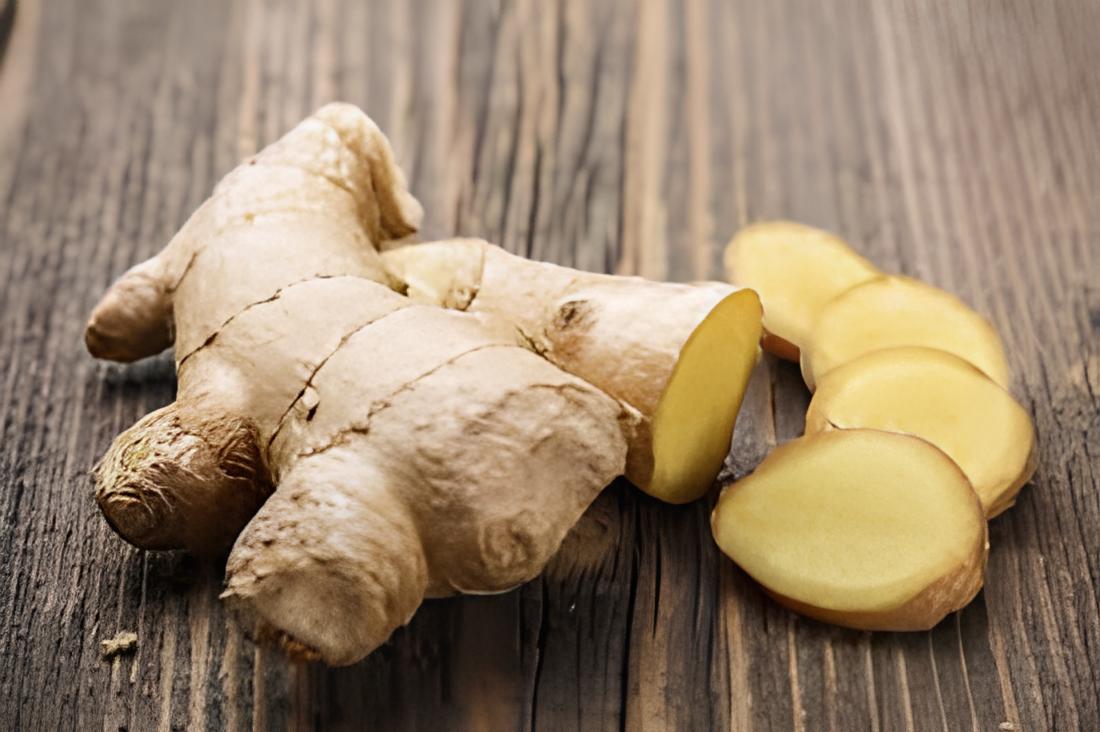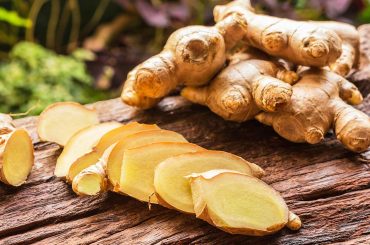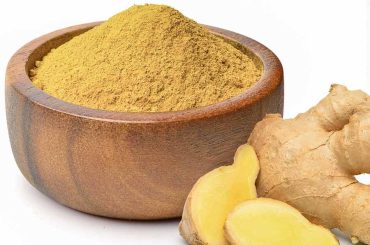Table of Contents
Originating from a flowering plant in Southeast Asia, ginger is considered to be a powerful herb used to cure numerous illnesses because of its anti-inflammatory, anti-nausea, and other qualities. It helps in managing weight, diabetes, osteoarthritis, menstrual pain, inflammation, etc.
But did you know ginger works exceptionally well in managing high blood pressure? Ginger has been used for centuries to cure multiple diseases, including heart health, cholesterol, and blood pressure. If you’re suffering from hypertension or high blood pressure, you must include ginger in your diet and see the results in a few days.
However, before you start taking ginger daily, a word of caution: avoid it when your blood pressure is very high, as that can be more dangerous than helpful.
In this article, we have discussed the causes of blood pressure, why it should be controlled, and how ginger grown in the UK can help in reducing blood pressure.
What Causes High Blood Pressure, and Why is it Necessary to Control It?
Stress, smoking, obesity, unhealthy lifestyle, diabetes, excessive salt intake, lack of physical exercise, drinking, etc., are some causes that can lead to high blood pressure. The major factor that leads to high blood pressure is “aging.” With age, the arteries become less flexible and resistant to the flow of blood, further increasing blood pressure.
High blood pressure can lead to severe health consequences like heart attack, myocardial infarction, cerebrovascular accident, etc.
Why is Ginger Good for High Blood Pressure?
Ginger doesn’t just add a zing to your meal; and it is known to help improve blood pressure, too. High Blood Pressure (known as Hypertension) is a disease that has affected millions of people worldwide.
Ginger won’t completely cure blood pressure, but it will help control the severity of blood pressure if taken regularly in the required quantity. Let’s understand why ginger can help maintain the blood pressure level.
Ginger contains potassium, a mineral that works wonders in curing blood pressure. Compounds like 6-Shogaol and 9-gingerol have anti-hypertensive effects that help reduce cholesterol and LDL levels and help increase vessel elasticity.

Ginger, taken along with medication, acts as a vasodilator ( meaning it expands the blood vessels) and has been proven to cure blood pressure. As a vasodilator, it increases circulation in the body, reducing blood pressure in the body.
Blood clots restrict blood flow through the circulatory system, which can lead to high blood pressure. Ginger restricts the formation of blood clots in arteries and blood vessels, which further prevents heart diseases like heart attacks and strokes. Ginger acts as a natural calcium channel blocker, dilating the blood vessels.
Hence, including 1-2 grams in your daily diet should do wonders for your overall health.
What Do You Need to Keep in Mind While Consuming Ginger Daily?
While drinking ginger tea can dilate blood vessels, it can lead to breakage of blood vessels in people with cases of high blood pressure. It can cause the arteries to burst, leading to a life-threatening stroke. Taking more than 6 grams of ginger daily can lead to gastronomical issues such as reflux, heartburn, or diarrhea. Pregnant women should not take more than 1 gram of ginger.
Taking ginger along with blood pressure medications can cause the blood pressure to go too low.
What are the Benefits of Ginger for High Blood Pressure?

Ginger is made of powerful compounds like gingerol, shogoals, zingiberene, paradol, etc., which make the flowering plant a powerful herb that has the potential to heal multiple disorders.
Let’s understand how ginger works in curing high blood pressure.
- Blood Circulation: Ginger improves blood circulation, which helps the passage of blood through the arteries, further reducing blood pressure. It aids in putting less pressure on the veins, which promotes a smooth supply of blood flow. It also makes the blood thinner, which helps the heart to pump blood easily, further improving the circulation of blood in the veins.
- Helps to lower Cholesterol: Ginger reduces the amount of LDL (bad) cholesterol in the body and increases HDL (good) cholesterol in the body. Ginger stimulates the conversion of cholesterol to bile acids and reduces serum cholesterol levels by impairing cholesterol absorption.
- Inflammation: Inflammation can aggravate blood pressure. Ginger has anti-inflammatory and anti-oxidative properties, which help control aging. It reduces inflammation, further limiting the impact on blood pressure.
- Natural Diuretic: Ginger works as a natural diuretic. Diuretics treat high blood pressure by removing excess fluid from the body. Ginger reduces the amount of fluid in the body, further lowering the blood pressure.
- Helps improve Cardiovascular health: Ginger improves blood circulation, reduces inflammation, and lowers cholesterol in the body, which stimulates improvement in cardiovascular health.
Conclusion
While there’s sufficient scientific evidence to prove that ginger works effectively in reducing blood pressure, other factors like your lifestyle, diet, and stress level are also relevant factors to consider.
Ginger works wonders in lowering blood pressure. However, avoid it when your blood pressure is very high, as that can have a reverse effect. Also, if you’re on heavy medication, we insist you first consult your doctor before taking it and take only the amount your body requires. Don’t take it more than needed, as that can have an adverse effect on your overall health rather than the effect you seek.
Now that we are done with all the pros and cons of ginger, hopefully, you have sufficient material to understand what works best for you.





